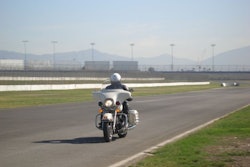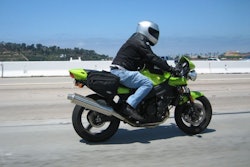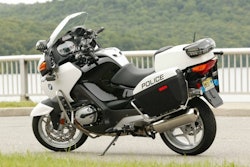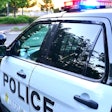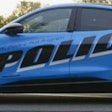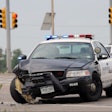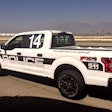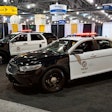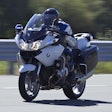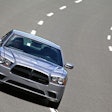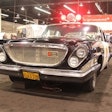Every Wednesday morning, Lt. Brian Moran goes shopping.
When the fleet manager for the Los Angeles County Sheriff's Department needs to replenish the agency's fleet of surveillance cars, he uses a method that other LE agencies may not know exists: He buys the cars at private dealer auctions.
Since Moran isn't a vehicle dealer, he needs to operate under a partnership that allows the agency to secure much-needed cars, save taxpayer funds and avoid an arduous open-bid process when only buying a few cars at a time. The process is known as sole sourcing.
Moran has partnered with Bob Wondries Ford of Alhambra, Calif., to gain access to the dealer auctions, allowing him to purchase vehicles such as a Mercury Grand Marquis sedan, F-150 truck or Ford Explorer SUV. Since Wondries owns other dealerships, the department is also able to purchase General Motors/Chevrolet, Nissan and Toyota vehicles.
Moran spends about $1.5 million each year buying cars this way as one element of the almost 500 vehicles he purchases a year that include 300 radio cars, 75-100 staff cars, 75-100 undercover vehicles and miscellaneous special equipment. The department's entire fleet includes about 5,400 vehicles.
By buying his undercover vehicles at the auctions, which are usually held in the Inland Empire area of Southern California, he spends about $25,000 per vehicle for cars, trucks and SUVs that are often only a year old and have about 20,000 miles on their odometers.
In particular, Moran looks for powerful engines and won't buy colors such as red that catch the eye. Silver, white and tan cars are ideal.
The vehicles are usually former rental cars or corporate lease-backs that are in good condition. Of course, Moran always brings his in-house certified mechanic to walk the lot with him during a pre-bid inspection.
Law enforcement agencies usually buy in bulk, but the arrangement with Wondries allows Moran more flexibility.
"We can buy what we want," Moran said. "We don't have to buy 10 or 20 cars."
The arrangement is a bit unusual because of the at-times arduous process of open bidding to purchase police equipment. The sheriff's department initially put the sole-sourcing contract out for bid and, as a result, doesn't need an open bid for every purchase, Moran said.
Here's how it works. Moran bids on the vehicles as a Wondries representative. When he successfully wins a bid on a vehicle, he buys it on behalf of the dealer who then sends the invoice to him for payment. The vehicles are usually delivered to Moran within 30 days.
Not much up-fitting goes into the cars. Moran may add a radio or small LED light mounted near the visor.
The cars are assigned to one of five sheriff's bureaus such as narcotics, gang enforcement, family crimes, major crimes or commercial crimes and rotated among the stations so criminals don't become familiar with the make, model and color.
"If we assign them to a station, all the gang members would know what it looks like," Moran said. "It doesn't make sense to give stations undercover cars."
Law enforcement or campus safety agencies often don't think to contact a private auto dealer to purchase vehicles, said Dwaine "Skip" Clark, who started the program prior to Moran under former Los Angeles Sheriff Sherman Block.
Clark encourages other agencies to seek out dealers to form similar partnerships.
"Make contact with a dealer that has multiple brands of cars," says Clark, who represents 16 brands. "Talk to them about going to the auction and buying one-year-old cars and save a tremendous amount of money."







